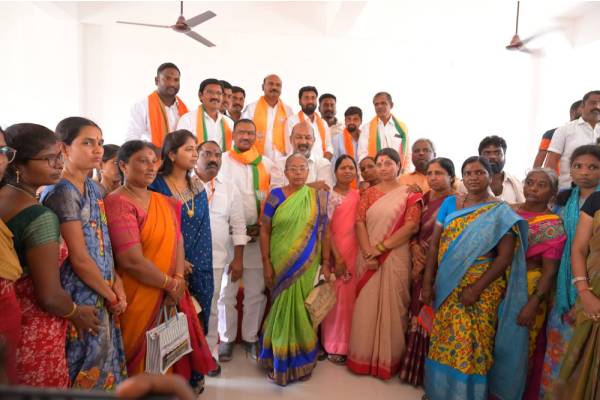Supreme Court of India has ruled that banks can charge more than 30% interest on credit card dues. This landmark verdict overturns a previous ruling by the National Consumer Disputes Redressal Commission (NCDRC) from 16 years ago, marking a significant shift in credit card interest rate regulations.
NCDRC Ruling Declared Unlawful
The Supreme Court bench, consisting of Justice Bela M. Trivedi and Justice Satish Chandra Sharma, declared that the NCDRC’s earlier ruling was unlawful. The court stated that the NCDRC had overstepped its boundaries by interfering with the Reserve Bank of India’s (RBI) authority.
No Misleading Information Found
The bench emphasized that banks have not provided any misleading information to credit card holders, and NCDRC lacks the authority to rewrite agreements between banks and credit card holders. The commission can only review and decide on one-sided or unfair contract terms.
Mandatory Bank Disclosures
According to the Supreme Court’s ruling, banks must regularly inform cardholders about interest rates and RBI guidelines, ensuring that interest charges are not unfair or one-sided. Banks must clearly communicate all important terms and conditions, including interest rates, when issuing credit cards.
Customer Awareness
Customers should be made aware of their responsibilities regarding timely payments and late fees, and banks must ensure transparency in their communication about credit card terms. All cardholders must acknowledge and agree to the terms before receiving their cards.
16-Year Legal Journey
The legal battle began when Awaz Foundation challenged banks for charging interest rates between 36% to 49% on late payments. In 2008, the NCDRC ruled that banks couldn’t charge more than 30% annual interest on credit card late payments.
Banks’ Appeal to Supreme Court
Several major banks, including Citibank, American Express, HSBC, and Standard Chartered, appealed this decision in the Supreme Court. After initially denying a stay order, the Supreme Court suspended the NCDRC ruling in 2009.
Now, after nearly 16 years, the court has conclusively settled the matter by setting aside the NCDRC’s restrictions on credit card interest rates. This decision effectively gives banks more flexibility in setting interest rates while maintaining regulatory oversight from the RBI.
Impact on Credit Card Users
This ruling significantly impacts credit card holders across India, as banks now have legal backing to charge interest rates exceeding 30% on unpaid credit card bills. The court noted that there was no evidence of banks violating RBI policy guidelines, and affected parties hadn’t approached the RBI with concerns about high interest rates.


































